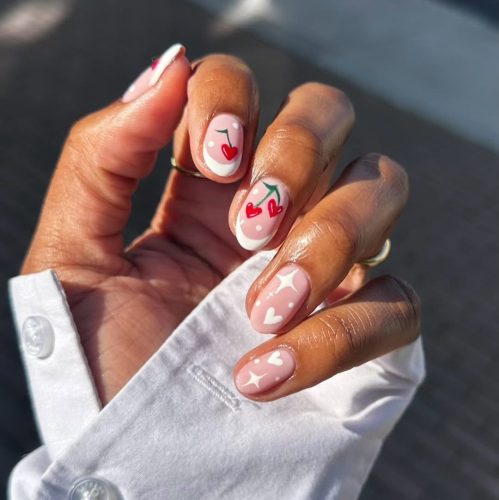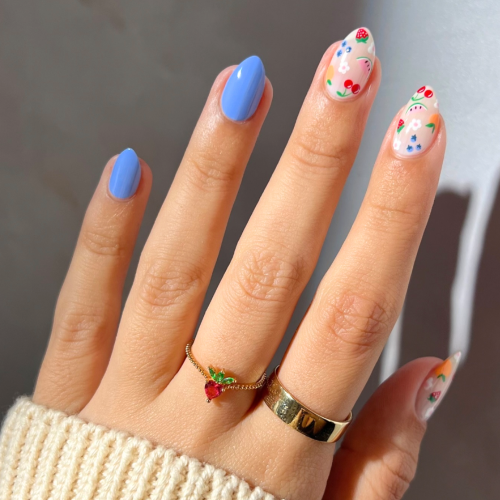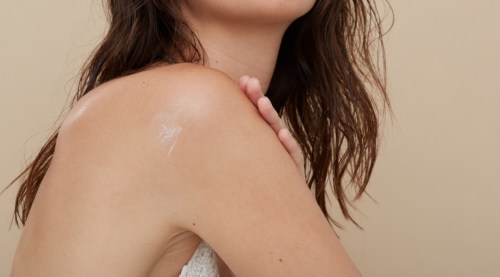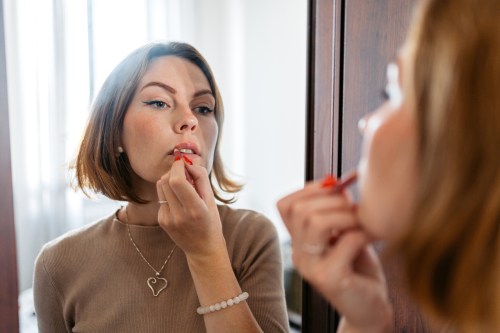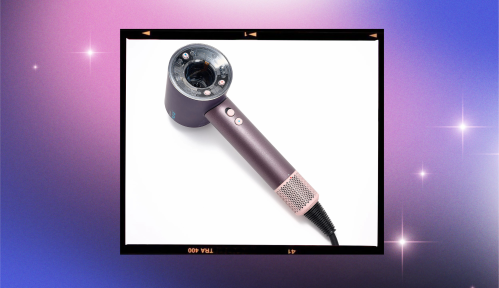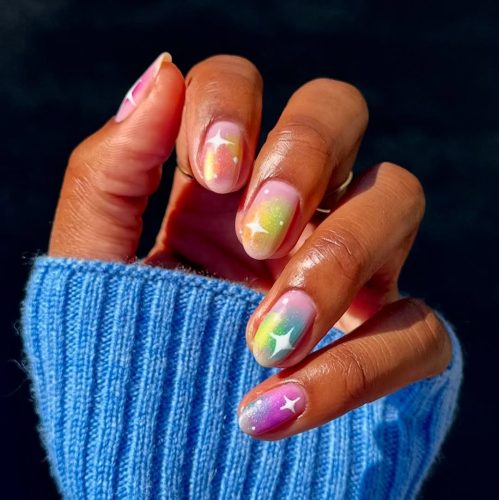Bathing With Black Soap Isn’t Just Self Care, It’s a Way of Tapping Into My Lineage
An essay on how black soap is more than self care, it's a way to tap into a lineage and tradition handed down from generations.
As a Black woman, the pursuit of wellness in modern-day society is like wandering a labyrinth with trapdoors and secret entryways. Sometimes, I feel like I’m chasing something unattainable. After all, how do you pursue wellness in a society that’s unwell? Racism was declared a public health crisis in various cities across America, and while many people saw it as an overstatement of harm, I saw it as my truth.
So often, wellness is branded and marketed as an exclusively white space. It’s not lost on me that, throughout my life, I’ve rarely seen girls like me plastered on billboards holding green smoothies and wearing perfectly tailored tights. Aggressively eurocentric beauty campaigns dominate the public eye. The message I am supposed to receive is that I am not the picture of beauty, that I am not the picture of health.
But the truth is, my culture is rich in wellness traditions.
I am Nigerian. We saw the potential in discarded parts of fruits like banana leaves, cocoa pods, and mango peels. Innovative women before me turned waste like cassava and plantain peel ash into antimicrobial black soap. We mixed together purified plant alkali and palm kernel oil and let the mixture solidify. And then we lathered our beautiful brown bodies. Age-old recipes were passed down from generation to generation for centuries.
We called the preservative-free soap alata samina, sabulun salo, ôsêdúdú, or anago soap. From the bees to the trees, we saw it all as inspiration. Anago soap can contain shea tree bark or humectants like honey, and it’s an effective antiseptic that can treat eczema, ringworm, and acne. Before the Yoruba people of Nigeria created black soap, there were other African countries that invented approaches to hygiene. Five thousand years ago, Egyptians had been making lead soaps and storing them in cosmetic containers.
It’s not just ancient Africans that trail-blazed and innovated in the wellness sphere. One of my favorite modern skin-care brands is Hanahana Beauty because they highlight deliberate Black self care and use ingredients that are historic to the African and African-American communities. The founder Abena Boamah-Acheampong is a proud Ghanaian woman, who wants to disrupt the status quo in wellness and de-center limiting perspectives. “We just look at wellness through a white lens which is so sad. Black wellness is always about us trying to connect to our past at all times. We’re just now looking back and acknowledging that wellness is for us and has always been for us,” she says. “With our products, we try to make it feel regular. Whiteness isn’t the default. As a brand, we are here for you product-wise and mindset-wise.”
I love Hanahana Beauty’s fresh takes on ancient and ritualistic beauty. For example, their Black + Brown Exfoliating Cleanser ($22) has an indulgent formula with heavyweights like Ghanaian black soap, brown sugar, and organic honey. The honey is significant because researchers from the Federal University of Technology Akure in Nigeria found that indigenous black soap fortified with honey is even more effective than the original at fighting Candida albicans. This is great news for those who struggle with fungal acne.
Black soap is versatile and I don’t just use it for blemishes on my face, I use it exclusively to wash my body. I have the option to select any old cleanser from the supermarket beauty aisle and call it a day. But a strawberry-scented body wash just doesn’t cut it when you have such a beautiful inheritance awaiting you in the shower. After all, these are the same suds my mother would rinse from her skin. And she learned about the complexion-evening properties from her mother, who inherited that knowledge from the woman who raised her. For me, bathing with black soap isn’t just self care, it’s a way of tapping into my lineage.
And those same mothers, who learned how to craft black soap from their mothers make up the network of women in the Gumo Cooperative in Tamale, Ghana. Those are the hands that burn plantain peels and transform that ash into soap. The very soap that is then sold to women like Boamah-Acheampong who uses it champion self love and honor deeply instilled traditions.
Buying black soap from Black-owned brands like Hanahana Beauty is liberating because it turns self care into community care. The brand is committed to paying twice the asking price for their ingredients to improve the economic and self sustainability of women in the shea butter trade.
This way of thinking actually shows that the founder is living ubuntu. Ubuntu is a South African philosophy, it’s often translated as “I am because we are.” It means that through interdependence, we have the power to give dignity to both ourselves and our community. Hanahana Beauty couldn’t exist as a brand without the rich and diverse array of local women that it employs. And isn’t that the true meaning of wellness? Honoring interwoven human relationships and watching them bear fruit. To be human is to recognize and support the humanity of others, a sentiment that Boamah-Acheampong lives by. “At the end of the day,” she says, “self care should be selfless.”
Oh hi! You look like someone who loves free workouts, discounts for cult-fave wellness brands, and exclusive Well+Good content. Sign up for Well+, our online community of wellness insiders, and unlock your rewards instantly.
Sign Up for Our Daily Newsletter
Get all the latest in wellness, trends, food, fitness, beauty, and more delivered right to your inbox.
Got it, you've been added to our email list.
